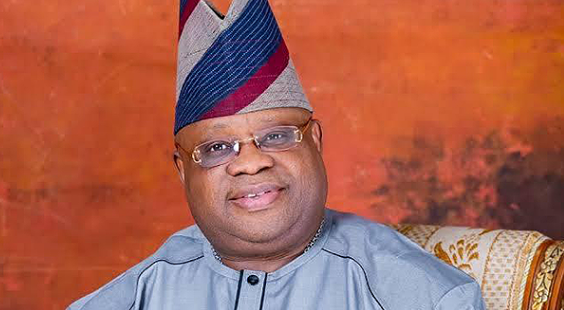Abuja, Nigeria–Experts from various sectors have raised alarm over Nigeria’s aging water infrastructure, following revelations from a 2022 report by the Federal Ministry of Water Resources indicating that nearly 60% of the country’s water systems are plagued by leakages, with many facilities over five decades old.
Speaking ahead of the upcoming International Water Quality Conference in Abuja, Dr. Chukwumezie Okolo, President of Rite Place Health and convener of the event, said the focus must now shift from water access alone to prioritising water quality.
“When we focus solely on access and ignore quality, we fail to address the root cause of 70 to 80% of waterborne and water-related illnesses in the country,” Dr. Okolo stated. He described the conference as a critical platform for advancing national dialogue and reform.
Dr. Okolo added that previous advocacy efforts led to the organisation’s inclusion in the National Technical Working Committee on Drinking Water Quality, but emphasised the need for stronger action. “We must update and enforce our national standards to align with global best practices. Complacency is not an option,” he warned.
Dr. Nkechi Ezeudu, Deputy Director at the Federal Capital Territory Administration (FCTA) and a certified management consultant, described the situation as both a crisis and a turning point. “Over 800,000 people — many of them children — die each year from preventable waterborne diseases. Protecting our water sources must be central to government planning and budgeting,” she said. She also urged industries to adopt cleaner practices and encouraged community involvement in safeguarding water resources.
From the construction sector, Emmanuel Durkwa stressed the importance of innovation in infrastructure. “Smart designs, modern materials, and water-safe policies are essential to reducing risks and avoiding short-term solutions that compromise public health,” he said.
On the health front, Pharmacist Beatrice Mbah linked the poor state of water systems to hospital admissions, noting that “up to 80% of illnesses treated in Nigerian hospitals are related to unsafe water.” She added that improving water quality could significantly lower disease burdens and healthcare costs.
Engineer Emmanuel Ochia, representing the tech sector, underscored the role of innovation in water safety. “With advanced monitoring systems, we can now detect water contamination in real time. Investing in such technologies can protect millions of lives,” he said.
The conference is expected to bring together stakeholders from health, real estate, engineering, technology, and government sectors to push for actionable reforms in Nigeria’s water quality management systems.
By Taiwo Olatinwo/ August 13, 2025
Discover more from DnewsInfo
Subscribe to get the latest posts sent to your email.




